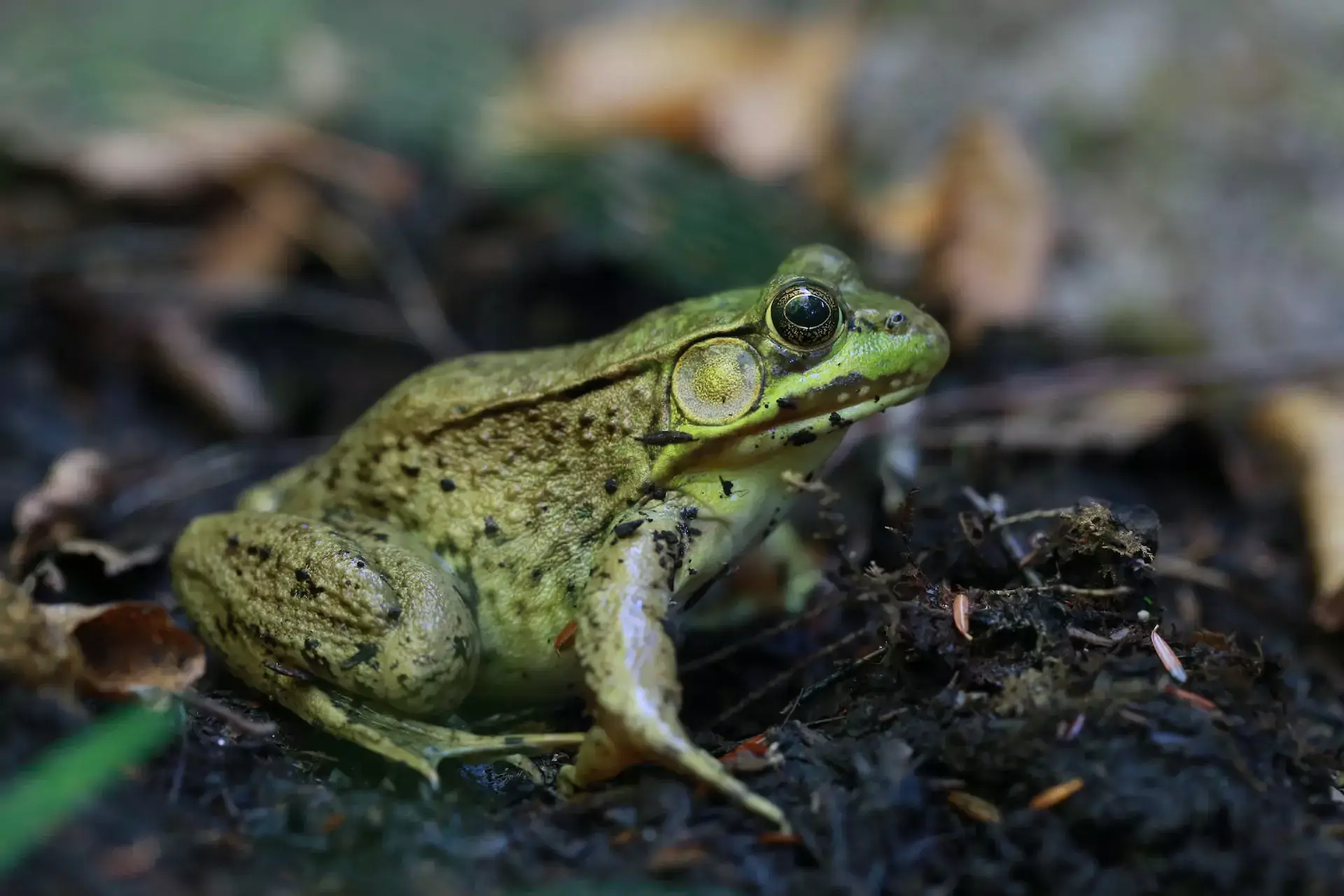6 Ways to Keep Your Rabbit Healthy
Have you recently adopted a rabbit? Congratulations! You’ve probably already noticed that rabbits are extremely cute and lovable. However, if you’ve never had a bunny before, you may be facing a bit of a learning curve. Floppy does have some pretty unique care needs. A Middletown, DE vet offers some tips on keeping your little buddy healthy and ‘hoppy’ in this article.
Good Food
A proper diet is a cornerstone of any good pet care regimen. Floppy’s diet should actually consist mostly of good grass hay, such as Timothy hay. Your bunny will also need commercial food and safe produce to round out her menu. Ask your vet for specific recommendations, including serving sizes, treats, and safe and unsafe foods.
Grooming
Bunnies are quite clean, but they do need some help in this department, especially during molts. If you’re not sure what molting is, you may be in for a surprise. Rabbits don’t shed continually, the way some dogs and cats do. Instead, they basically explode a few times a year, and grow all new fur. You’ll need to brush Floppy daily during molts. Your furry pal may also need a hairball prevention product. Follow your vet’s advice.
Chew Toys
Rabbits have open-rooted teeth, which means that they must chew constantly to keep their teeth from overgrowing. You’ll need to provide your adorable chewing machine with plenty of things to nibble on. This doesn’t have to cost you very much: you can make some great bunny toys out of things like paper and cardboard. Look online for ideas and instructions.
Free Time
Although Floppy will appreciate a good, comfy cage, she shouldn’t be expected to spend all of her time in it. Bunnies need exercise, stimulation, and entertainment. Your little buddy should have several hours of free time each day.
Bunnyproofing
As mentioned above, rabbits need to chew a lot. Floppy won’t automatically make any distinctions between nibbling on a piece of cardboard and eating your cell phone. Training will help with this, but it’s also important to bunnyproof. Make sure your furball can’t accidentally chew or eat something that isn’t safe! Ask your vet for more information.
Veterinary Care
Last but not least, Floppy will need to see her doctor regularly. Ask your vet to recommend an appointment schedule.
As your Middletown, DE veterinary clinic, we’re here to help. Call us anytime!





